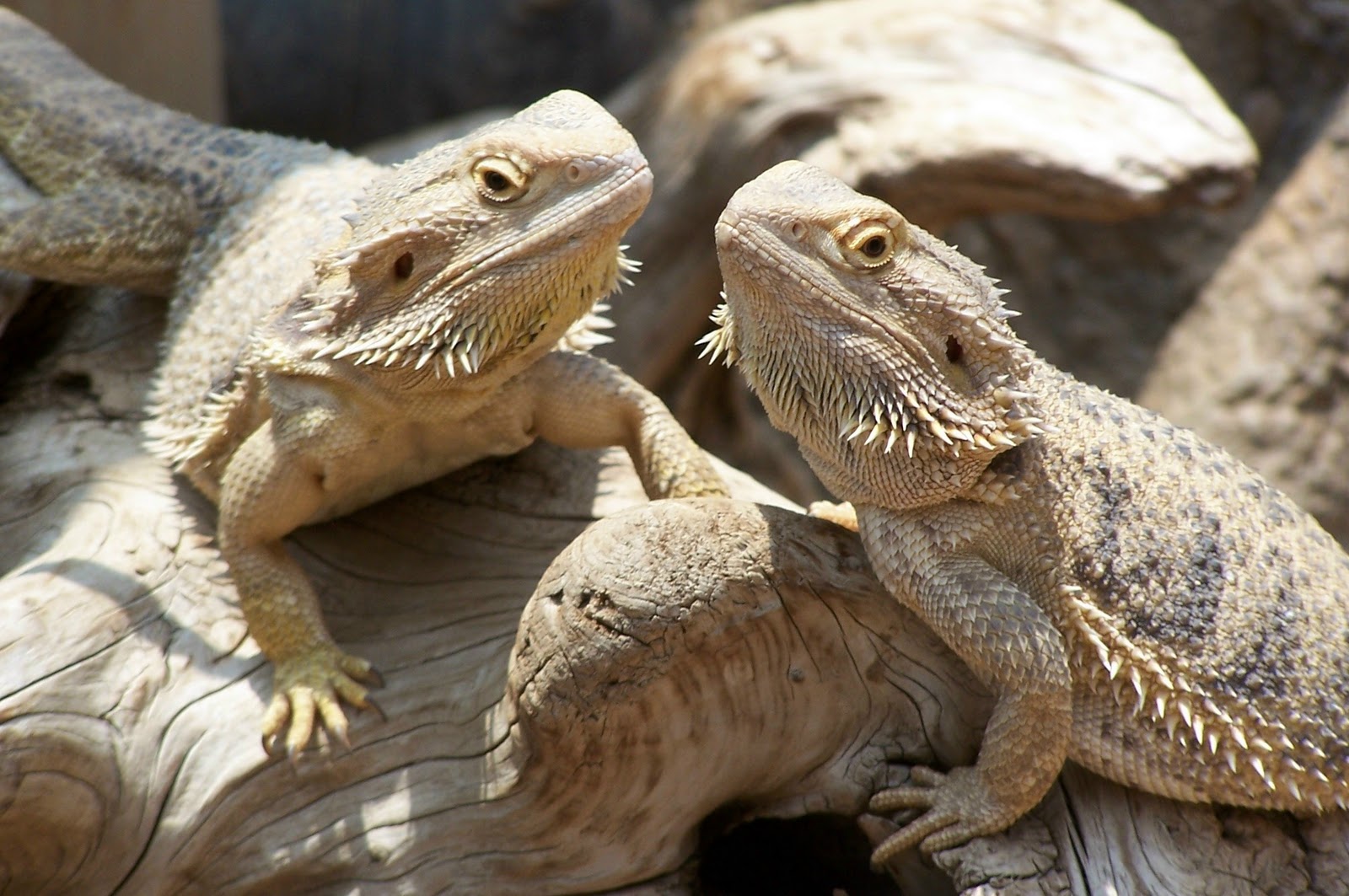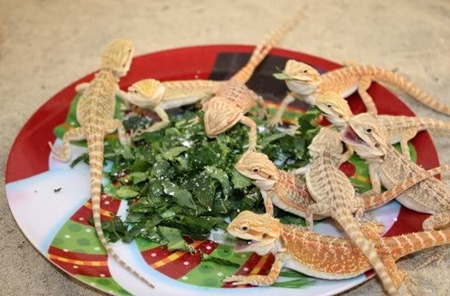Bearded Dragon Need to Know: A Beginner's Guide to Caring for Your New Pet
Bearded Dragon Need to Know
If you’re thinking about getting a pet reptile, a bearded dragon is a great choice. These fascinating creatures are relatively easy to care for, and they make great pets. However, there are some things you need to know before bringing a bearded dragon into your home. In this beginner’s guide, we’ll cover everything you need to know to take care of your new pet properly.
Bearded Dragon Habitat

Before you bring your new pet home, you need to create a suitable habitat for it. Bearded dragons are native to the deserts and scrublands of Australia, so they need an environment that replicates these conditions. A 40- to 50-gallon terrarium is a good starting point for a single bearded dragon, but you may need a bigger one if you have multiple dragons. Make sure the terrarium is large enough to provide space for your pet to move around, climb, and bask in the sun. You’ll also need to provide heat and lighting. Heat pads, ceramic heat emitters, and basking bulbs are all ways to provide heat. UVB bulbs are essential for maintaining your dragon’s health.
Feeding Your Bearded Dragon

Bearded dragons are omnivores that require a balanced diet of insects and greens. When they are young, they require more insects than greens. As they grow older, they require more greens. Live crickets and mealworms are good sources of protein. Fresh vegetables - such as collard greens, kale, and dandelion greens - provide necessary vitamins and fiber. You can also give them some fruit, such as strawberries or chopped apples, as a treat. Dust your insects with a calcium supplement to ensure your dragon is getting enough calcium.
Bearded Dragon Behaviors
Bearded dragons are docile creatures that make great pets. They are social animals and enjoy interacting with their human family. They spend a lot of time basking in the sun, so make sure they have a comfortable place to do so. They also like to climb on rocks and other objects. Be aware that they may become aggressive if they feel threatened or are in pain, so it’s important to handle them with care.
Bearded Dragon Health Issues

Bearded dragons are generally healthy pets, but there are some health issues you need to watch out for. One of the biggest health concerns for bearded dragons is metabolic bone disease. This is caused by a lack of calcium in their diet or an inadequate UVB light source. Signs of metabolic bone disease include lethargy, a lack of appetite, and brittle bones. Other common health issues include respiratory infections, shedding problems, and parasites. Take your bearded dragon to a veterinarian who specializes in reptiles if you notice any of these symptoms.
Conclusion
As you can see, owning a bearded dragon requires some careful consideration and preparation. However, if you take the time to set up a proper habitat and provide a balanced diet, your bearded dragon will thrive and make a great pet. Keep an eye out for any health issues, and take your pet to the vet if necessary. With proper care, your bearded dragon will be a wonderful addition to your family.
